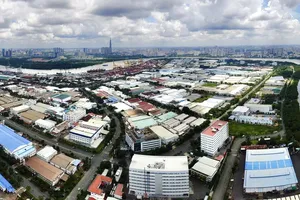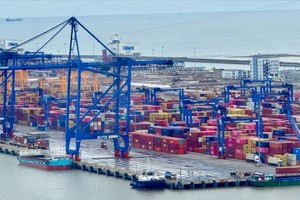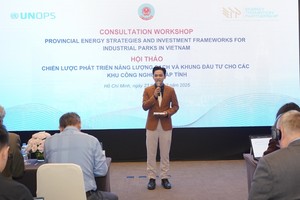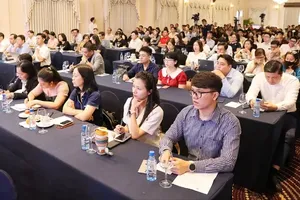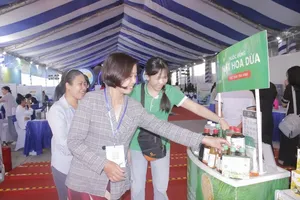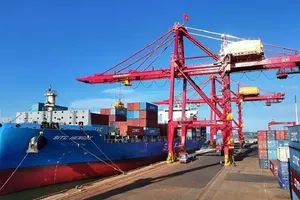Some cases of illegal invoice trading involve staggering sums of money, reaching into the trillions of Vietnamese dong.
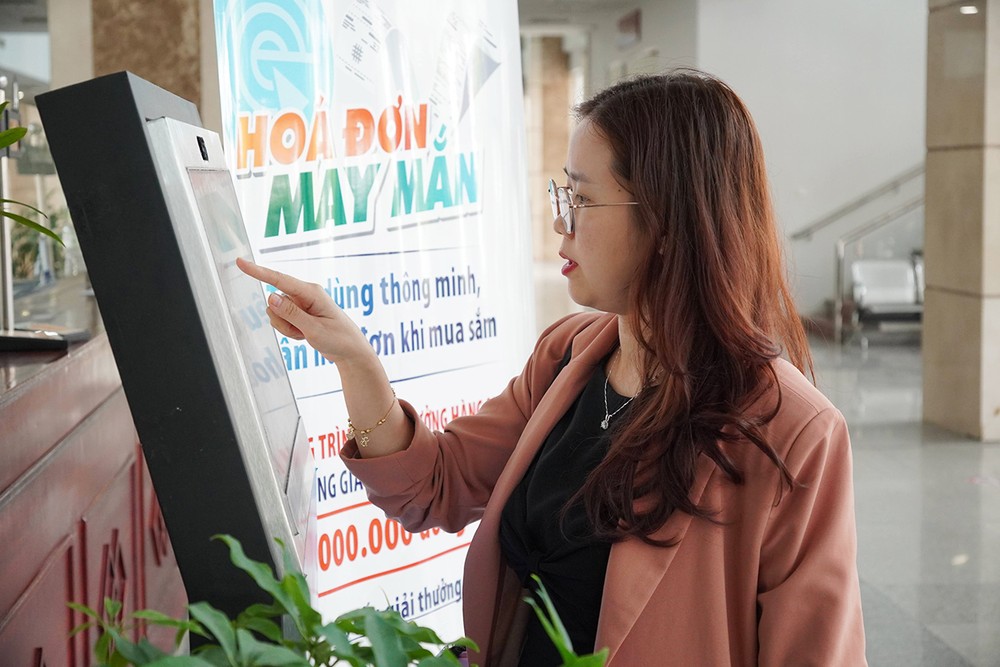
During a recent dialogue with the tax sector, a Daikin Vietnam Company representative highlighted that tax inspection teams annually review and discard invoices issued by absconding or "ghost" businesses. These invalid invoices often pertain to expenses like guest entertainment, room rentals, and auxiliary supplies, typically valued at tens of millions of Vietnamese dong.
During the inspection, the business that issued the invoice had fled, yet it was still functioning normally in selling goods and services.
Based on the provisions in Article 142 regarding false declarations and Article 143 on tax evasion, the tax authority enforces fines, leading to the revocation of customs privileges for compliant businesses.
A representative of Thuan Phuong Embroidery Company reported a rather ironic situation. In January 2022, the company engaged the television filming services of Company A, amounting to approximately VND9 million.
By early 2024, the company learned that Company A was listed among the businesses mentioned in a court ruling related to illegal invoice trading. Despite conducting due diligence by researching the company's information, tax identification number, and having a written quotation and bank transfer for payment at the time of contract signing, the tax authorities subsequently disqualified these invoices from the company's expenses, resulting in a suspension of their tax refund.
An accountant from a company in Ho Chi Minh City reported that in 2023, his business faced scrutiny from the tax authority due to the use of multiple invoices from a company identified on the high-risk list for illegal invoice trading. Consequently, all those invoices were disallowed as business expenses, and the company was required to pay a penalty. It is important to highlight that this situation pertains to all invoices issued by businesses deemed to have tax risks, regardless of the year.
Lawyer Do Ngoc Thinh of the Vietnam Bar Federation said that excluding invoices from tax-risk businesses is a disadvantage for legitimate businesses. Because in many cases, businesses with high tax risks were initially established and operated legally, and transactions at that time were legal.
Deputy Director Nguyen Tien Dung of the Ho Chi Minh City Tax Department stated that the process of trading invoices is both rapid and intricate. Numerous companies are formed by misappropriating personal identification information or acquiring dormant businesses. Shortly after their establishment and registration for invoice usage, these entities can issue hundreds of thousands of invoices within just a few days.
Mr. Dung noted that these illegal invoices allow individuals to exploit the budget by lowering their tax liabilities and inflating their tax refund claims.
When the authorities detect that organizations and individuals use invoices of "ghost" enterprises or absconding enterprises, they will be handled according to the provisions of the law on tax management.
If buyers of the invoice can produce documents proving the fault of sellers, they will only receive administrative fines for false declaration. If they cannot prove it, the buyer may be handled for tax evasion.
A leader of the Ho Chi Minh City Tax Department revealed that the tax sector has been collaborating with the City's Department of Planning and Investment to scrutinize the registration records of newly established enterprises. This proactive measure aims to prevent the proliferation of businesses solely created for the purpose of issuing and selling fraudulent invoices. Preliminary findings indicate that over 50 percent of enterprises registered within a short timeframe subsequently exited the market.
Further investigation, including verification of citizen identification, has uncovered cases where the registered business owner is not the actual individual involved. These entities typically engage in the rapid issuance of a large volume of invoices before abruptly withdrawing from the market.
Therefore, the Ho Chi Minh City Tax Department has proposed that departments, including the Department of Planning and Investment, and the Ho Chi Minh City Police Department, coordinate to build shared data and strictly control it from the beginning.
The Department of Planning and Investment in Ho Chi Minh City has announced the implementation of a real-time information technology system that links tax and business registration. This system allows authorities to access online records seamlessly.
Mr. Nguyen Tien Dung stated that the Government is in the process of finalizing a decree to amend and supplement the Decree 123/2020 concerning invoice and document management.
This amendment will introduce provisions requiring that when organizations and individuals register to utilize invoices, the electronic invoice system will verify biometric information in accordance with regulations on the identification and electronic authentication of legal representatives, business household representatives, individual business owners, and private business owners.
Additionally, it will confirm the taxpayer's registered address, particularly if the taxpayer has previously held an inactive tax code status at that address.
These solutions aim to deter people from committing fraud as soon as taxpayers register to use electronic invoices.
